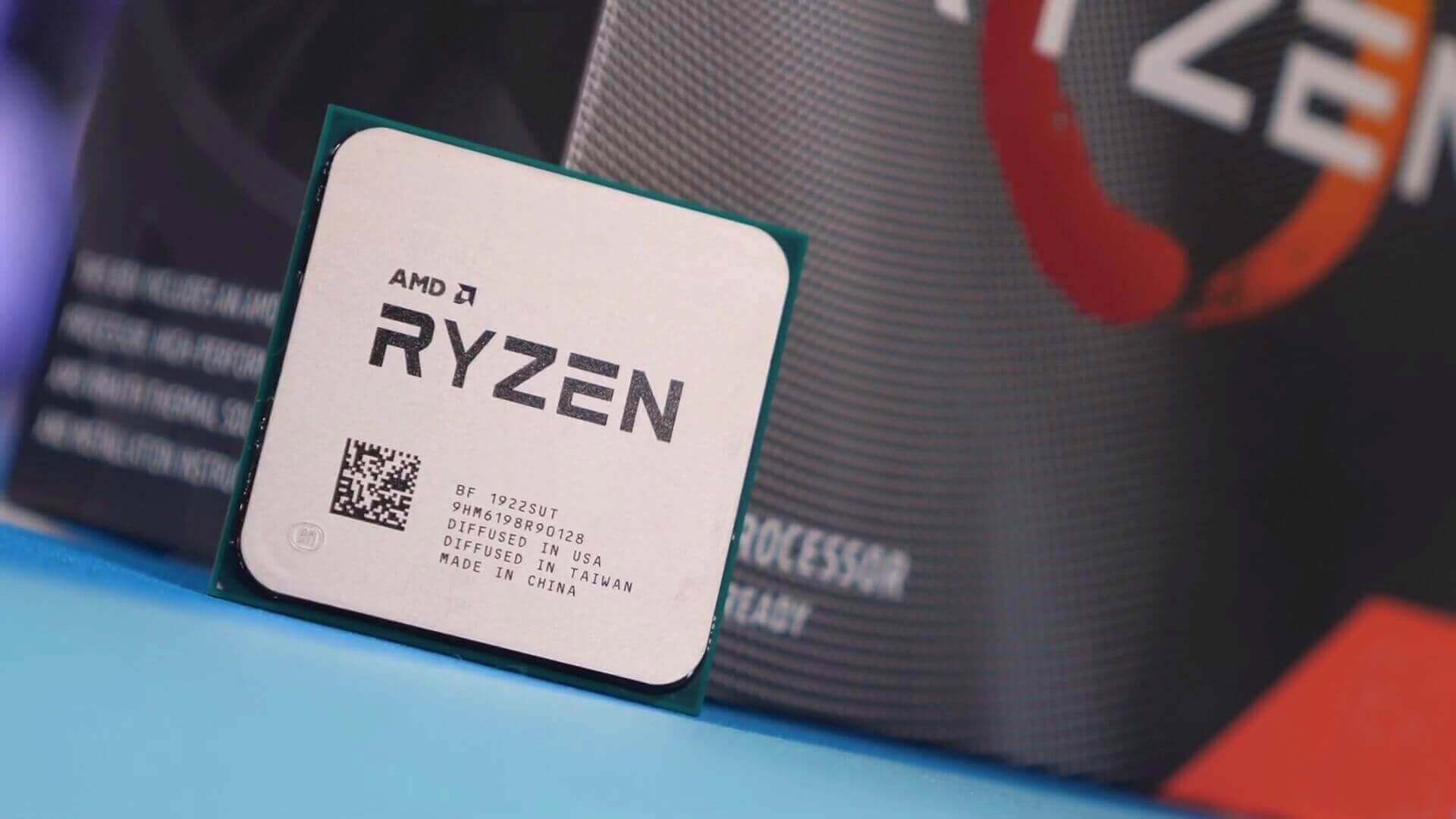What just happened? AMD initially said it wanted to enable full support for every processor on every chipset but cited flash memory chips that store BIOS settings as a limiting factor. After soaking in feedback from enthusiasts over the past week, however, AMD has decided to reverse course.

When AMD announced earlier this month that it would not be supporting its next-gen Zen 3 architecture on 400-series motherboards, the news was met with a mix of emotions.
The technical team will now provide an upgrade path that’ll allow B450 and X470 boards to carry users into the Zen 3 era although the process will be a bit different than normal.
AMD will supply board partners with a beta BIOS for B450 and X470 motherboards that will enable Zen 3 support. In order to make room for the code to support the new processors, the beta BIOS will disable support for many existing AMD Ryzen desktop processors. No word yet on which CPUs will fall out of support although likely, this decision will be up to individual board partners.
Note that this is a one-way upgrade path meaning you won’t be able to flash back to an older BIOS once you’ve installed the newer beta BIOS. As such, AMD said its intent is to offer beta BIOS downloads only to verified customers of 400-series boards that have a new Zen 3 processor on hand. The idea is to ensure that users have a bootable processor on hand after flashing the BIOS, thus minimizing the risk of getting stranded without a usable CPU.
AMD added that the timing and availability of the BIOS updates will vary and may not immediately coincide with the first wave of Zen 3 chips.
AMD is also making it clear that this is the final upgrade path for 400-series boards. CPUs released after Zen 3 will require a new motherboard, we’re told. In order to get the best experience, AMD still recommends that customers opt for a 500-series board.
https://www.techspot.com/news/85286-amd-backtracks-b450-x470-motherboards-support-zen-3.html